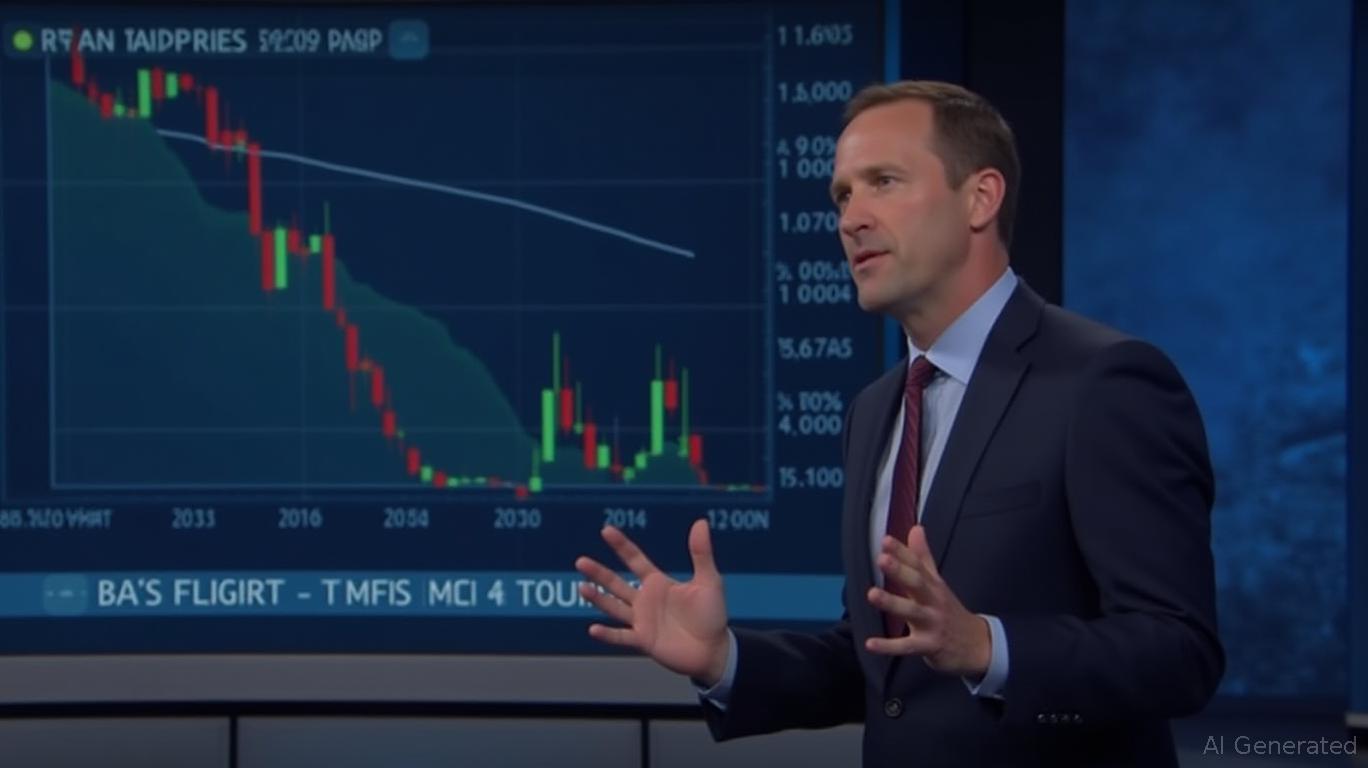Bitcoin News Update: The Appeal of Bitcoin Compared to Liquidity Concerns: S&P Removes Strategy from Index
S&P Global Ratings has lowered
The S&P downgrade highlights the delicate position Strategy is in. Since 2020, the firm has aggressively acquired Bitcoin through both equity and debt, but its dependence on digital assets has raised concerns. Analysts point out that Strategy's $47.44 billion Bitcoin portfolio is financed by $15 billion in convertible debt and preferred equity, with $5 billion in debt set to mature by 2028 that is currently out-of-the-money, according to Bloomberg. S&P cautioned that if Bitcoin prices fall while debt comes due, the company might be forced to sell assets at a loss or restructure, which S&P would consider a default.

Despite these challenges, Strategy is sticking to its Bitcoin-focused approach. The company recently acquired an additional 390 BTC (worth $43.4 million) through At-The-Market equity offerings, bringing its total holdings to 640,808 BTC, as reported by CryptoNews. Saylor has consistently maintained that Bitcoin is a better store of value than traditional currencies, and he projects the company’s Bitcoin portfolio could reach $2 trillion by 2040 if it achieves a 25% annual compound growth rate, according to
Strategy’s removal from the S&P 500 is not an isolated case. Other companies are also exploring crypto-based treasury strategies, though with varying outcomes. Bit Origin, a Nasdaq-listed company focused on Dogecoin, has followed a similar path by issuing private placements denominated in DOGE to increase its coin-per-share ratio, as
Traditional financial institutions are also evolving. JPMorgan Chase & Co. recently announced it will allow institutional clients to use Bitcoin and
While Strategy’s exit from the S&P 500 highlights the risks involved, it also points to the disruptive potential of Bitcoin as a corporate asset. Saylor’s vision for a “Bitcoin treasury” challenges established financial norms, even as critics question the long-term viability of such strategies. For now, the company’s journey serves as a key indicator for corporate crypto adoption, with its outcomes likely to shape broader market sentiment.